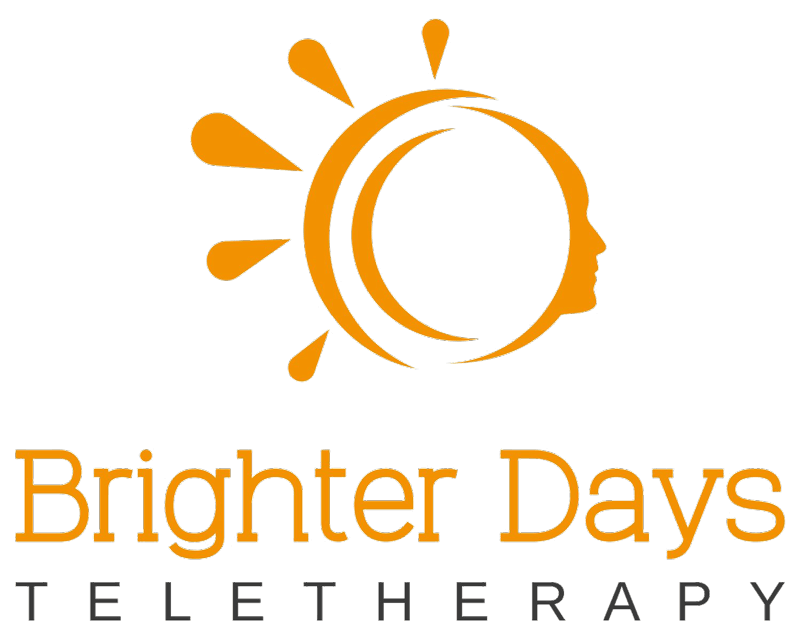Navigating Perinatal and Postpartum Mental Health with Online Therapy: A Beacon of Support for New Mothers
The journey through pregnancy and into motherhood is one of life's most profound transitions. It's a time filled with anticipation, change, and a spectrum of emotions. However, for many women, this period can also bring significant mental health challenges, including postpartum depression, anxiety, and, in rare cases, psychosis. Recognizing and addressing these concerns is crucial, and online therapy has emerged as an excellent resource for perinatal and postpartum mothers. In this article, we'll explore why virtual support is particularly suited to new and expectant mothers, emphasizing the benefits of online therapy, including its convenience, accessibility, and the comfort it offers within one's own space.
Understanding Perinatal and Postpartum Mental Health
Perinatal mental health refers to a woman's mental health during pregnancy and the first year after birth. This period can be vulnerable for many women, with up to 1 in 7 experiencing conditions like postpartum depression or anxiety. Factors such as hormonal changes, sleep deprivation, and the psychological adjustment to motherhood can contribute to these challenges.
The Rise of Online Therapy: A Game-Changer for New Mothers
Online therapy, particularly in California, where the embrace of digital health services is robust, has become a game-changer for women navigating the complexities of perinatal and postpartum mental health. Virtual platforms offer a range of therapies, from anxiety and depression therapy to specialized trauma therapy and virtual EMDR, making mental health support more accessible than ever.
Why Online Therapy is Ideal for Perinatal and Postpartum Mothers
Breastfeeding-Friendly Sessions: Online therapy provides the flexibility for mothers to breastfeed comfortably during sessions, removing the stress of scheduling around feeding times or finding a private space to nurse in a traditional therapy setting.
Comfort of Your Own Space: The familiarity and comfort of being in one's own home can significantly enhance the therapeutic experience. This is especially important for postpartum mothers who are navigating the physical and emotional post-birth recovery process.
No Need to Drive: For mothers recovering from childbirth, especially those who've had a C-section, the thought of driving to a therapist's office can be daunting. Online therapy eliminates this barrier, ensuring mothers can focus on their recovery and mental health without the added stress of travel.
Flexible Scheduling for Late Appointments: Online therapy platforms often offer more flexible scheduling options, including late appointments. This is ideal for mothers who may find it easier to attend therapy sessions after their children are asleep, ensuring they can prioritize their mental well-being without disrupting their child's routine.
Anonymity and Privacy: Virtual therapy sessions offer a level of privacy and anonymity that can be comforting for new mothers who might feel vulnerable discussing their challenges. This can lead to more open and honest communication, fostering a better therapeutic relationship.
The Role of Online Therapy in Addressing Specific Concerns
Postpartum Depression: Online therapy provides a lifeline for mothers experiencing postpartum depression, offering them a platform to discuss their feelings, receive support, and learn coping strategies from the comfort of their home.
Anxiety Therapy: Many new mothers experience anxiety, often centered around the health and well-being of their baby or their abilities as a parent. Online therapy can help address these anxieties, providing tools and techniques to manage worry and stress.
Trauma Therapy: Childbirth can be a traumatic experience for some women, leading to postpartum PTSD. Online trauma therapy, including virtual EMDR, can be particularly effective in helping mothers process and overcome traumatic birth experiences.
The Benefits of Virtual EMDR for Perinatal and Postpartum Mental Health
Virtual EMDR is an innovative approach to addressing trauma and anxiety that can be particularly beneficial for perinatal and postpartum mothers. This therapy modality helps process distressing memories and emotions related to childbirth or past traumas that may be impacting a mother's mental health. The convenience and accessibility of virtual EMDR make it an excellent option for mothers who may find it challenging to attend in-person sessions.
California Online Therapy: Leading the Way in Perinatal and Postpartum Support
California, known for its progressive approach to mental health and technology, is at the forefront of offering online therapy services tailored to perinatal and postpartum mental health. With a wide range of virtual services available, from anxiety and depression therapy to specialized perinatal mental health programs, California online therapy providers are setting a standard for accessible, high-quality care for new mothers.
Embracing Online Therapy for Holistic Support
The perinatal and postpartum periods are transformative times in a woman's life, filled with both joy and challenges. As we continue to break down the barriers to mental health care, online therapy stands out as a beacon of support for new and expectant mothers. Its flexibility, accessibility, and the personalized care it offers make it an ideal choice for women navigating the complexities of motherhood.
For mothers struggling with postpartum depression, anxiety, or the aftermath of a traumatic birth experience, online therapy offers a path to healing and resilience. By choosing virtual support, mothers can take proactive steps towards their mental well-being, ensuring they have the strength and support to enjoy the journey of motherhood.
As we look to the future, the continued integration of online therapy into perinatal and postpartum mental health care promises to provide women with the comprehensive support they need during this pivotal time. In doing so, we not only help individual mothers but also foster healthier families and communities, one session at a time.




